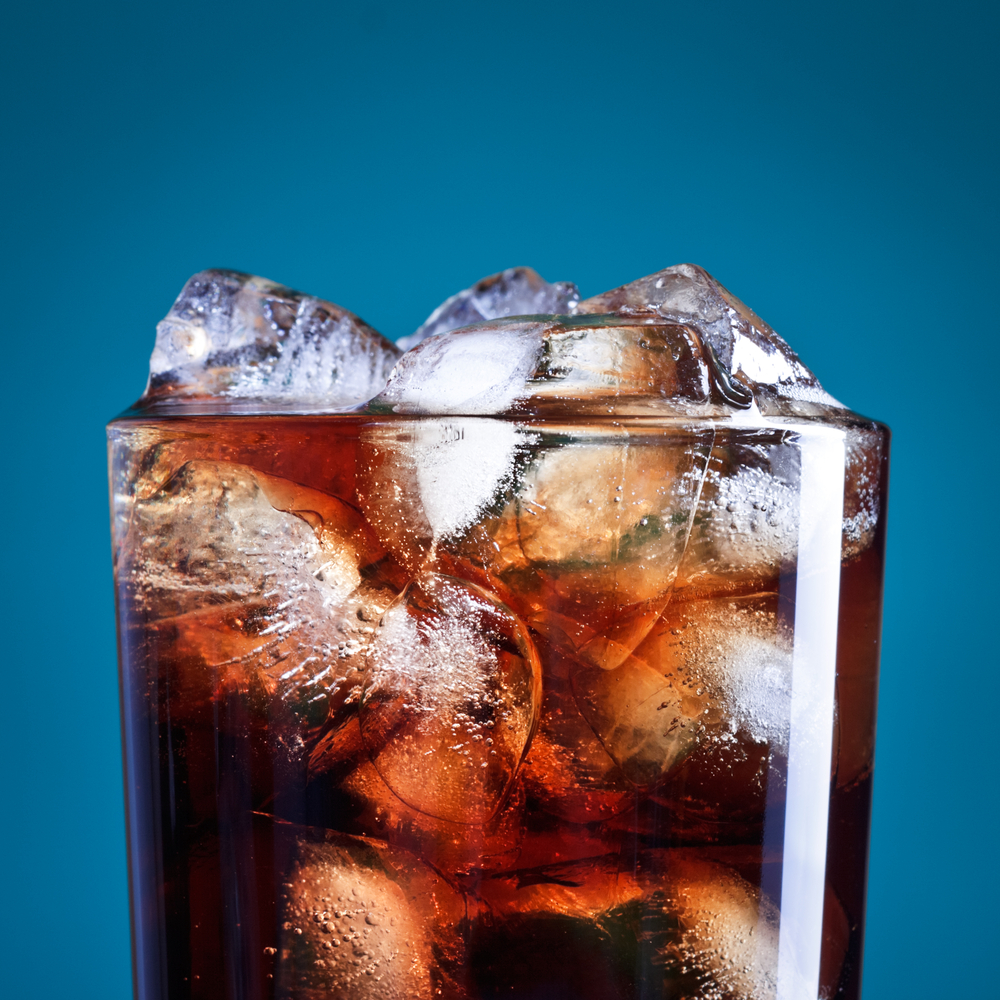Drink Size Limits Could Backfire, Study Suggests

Amid the debate over the so-called "soda ban," which could limit the sale of large sugary drinks in New York City, a new study shows that restricting drink sizes can may actually lead consumers to consume more sugar-filled drinks.
The study found that "when larger-sized sugary drinks are offered as bundles of smaller-sized drinks, people are likely to buy more drinks," said study researcher Brent Wilson, a graduate student in psychology at the University of California, San Diego.
The researchers gave 100 college students (most of whom were female) one of three simulated fast-food menus. All the menus offered a 16-ounce soda for $1.59. One menu also offered a 24-ounce soda for $1.79 and a 32-ounce soda for $1.99, whereas the other menu offered the same prices for "bundles" of drinks, with two 12-ounce sodas for $1.79, and two 16-ounce sodas for $1.99. One menu only had a 16-ounce drink.
Participants who were given the bundled menu bought on average four ounces more compared with those given the regular menu.
The finding suggests that fast-food outlets could make more money by offering sugary drinks in bundles that still adhere to the proposed 16-ounce limit, Wilson said.
"When large drinks are not eliminated from the menu, and instead are converted to bundles of smaller-sized drinks, people are going to buy those (bundles) even more readily," Wilson told MyHealthNewsDaily. "They seem like a better value because you're getting two drinks when before you were only getting one drink."
The study was limited in that the participants did not order actual drinks, nor did they have to pay for the drinks.
Sign up for the Live Science daily newsletter now
Get the world’s most fascinating discoveries delivered straight to your inbox.
Marion Nestle, food policy professor at New York University, called the simulation in the study an interesting idea. "I've never heard of bundling before," Nestle wrote in an email to MyHealthNewsDaily. "What happens in the real world? We don't know because the experiment hasn't been tried."
The regulations proposed by NYC Mayor Michael Bloomberg's administration would limit the sales of drinks larger than 16 ounces, and was set to go into effect in March, but Manhattan Supreme Court Justice Milton Tingling struck down the proposal on the grounds that the rule was arbitrary and prone to loopholes. New York City officials appealed the decision, and the case is expected to reach appeals court in early June.
It's unknown how businesses might adapt to the rules, but Wilson said he knows of one NYC movie theater that planned to sell 16-ounce drinks on a sliding scale: one drink for $5, a second for $4 until the fifth drink cost $1.
The study might be seen as supporting the drink industry's position against portion limits.
Christopher Gindlesperger, spokesman for the American Beverage Association, wrote in an email to MyHealthNewsDaily that the new study "is more proof that bans and restrictions don't work." He said, "People are smart enough to decide what to eat or drink without government help."
Pass it on: Limits on sugary drinks may backfire if businesses bundle smaller-sized portions.
Follow MyHealthNewsDaily on Twitter @MyHealth_MHND. We're also on Facebook & Google+.










